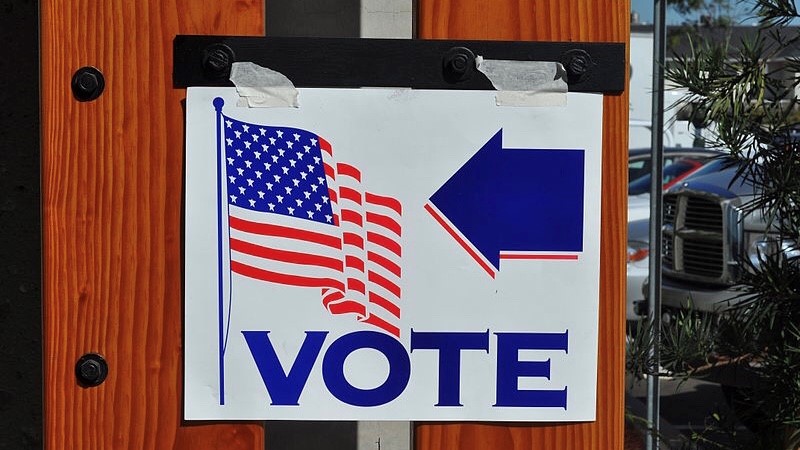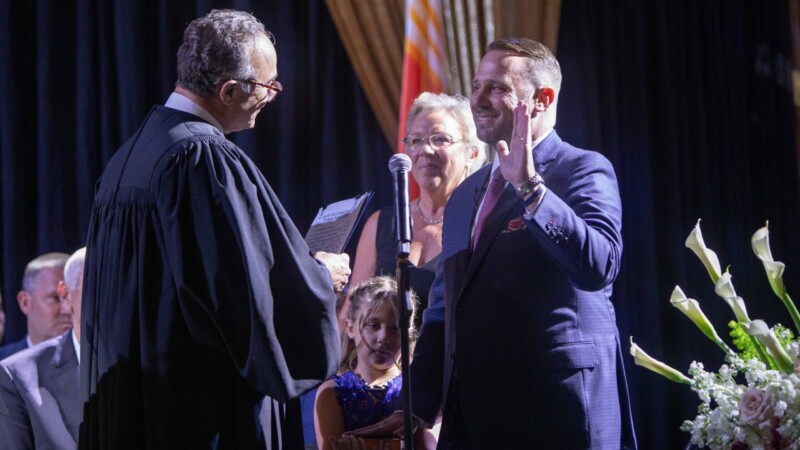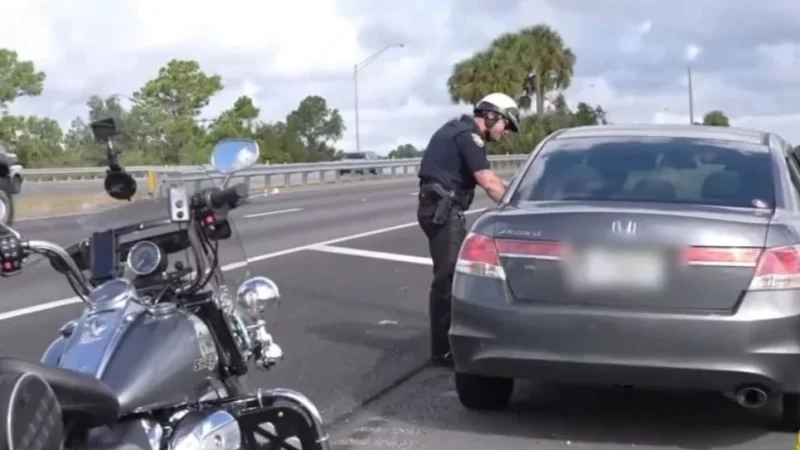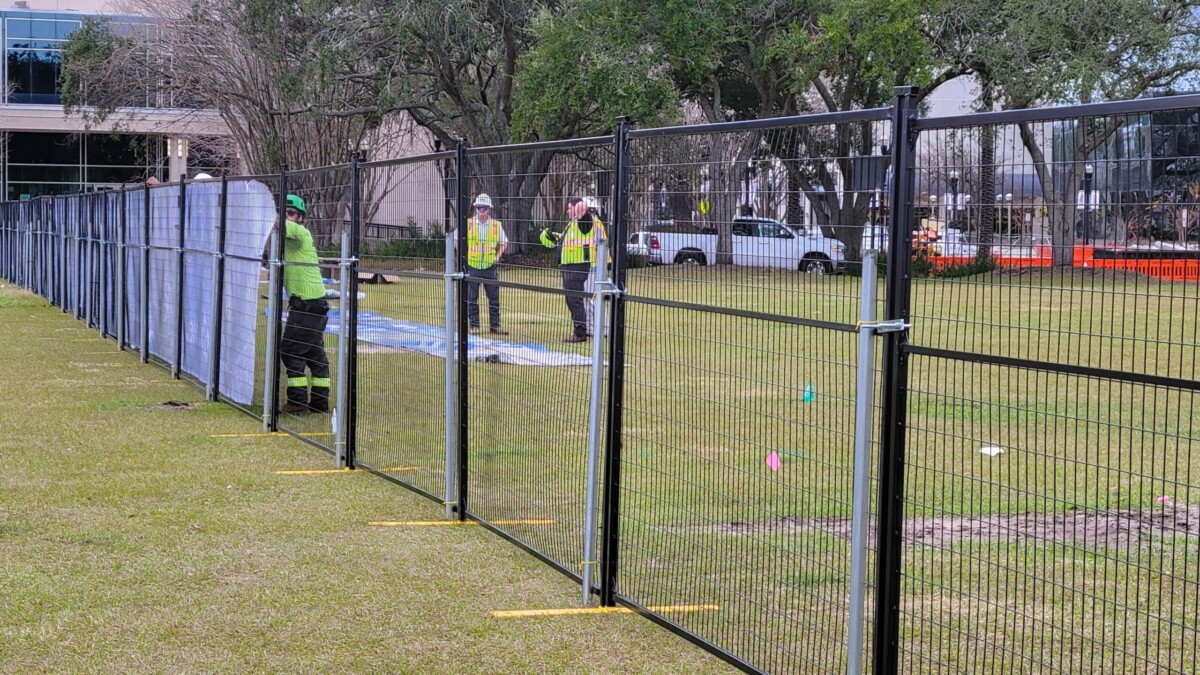The deadline to change your party affiliation or register to vote in the election March 19 is coming up next month in Florida.
Florida is a closed primary state, meaning voting in the Presidential Preference Primary in March will be open only to registered Republicans.
The deadline to register to vote or change your party affiliation is Feb. 20. If you would like to change your party affiliation for future elections, the state requires you to change it 29 days before an election day.
Donald Palmer is a commissioner with the U.S. Election Assistance Commission, an independent, bipartisan commission that helps elections officials improve how elections are run and helps Americans participate in the voting process. He said his best advice for people who want to change their party affiliation or register to vote is to not wait.
“Because at some point, that deadline is going to come where you can no longer make that change and so that’s why we have Help America Vote Day. We want Americans to know and Floridians to know that if you want to change your party, if you want to change your name, if you want to change your address, you need to do it sooner rather than later. Don’t procrastinate,” Palmer said.
Changing party affiliation is simple, he said. You can do it online through registertovoteflorida.gov or through your local election supervisor’s office.
“You still may need to sign the document that you are indeed changing your registration. For example, if you had a name change or an address change of some sort, there needs to be that confirmation that I the voter am indeed making this change, but really that’s it,” Palmer said.
If you would like to change your party affiliation back to the previous one, Palmer said, you can do so once a particular election is complete.
The ballot for the March 19 presidential primary is already set regardless of who has suspended their campaign for president. On the Republican side, the names that will appear on the ballot are Texas businessman and pastor Ryan Binkley, former New Jersey Gov. Chris Christie, Florida Gov. Ron DeSantis, former South Carolina Gov. Nikki Haley, former Arkansas Gov. Asa Hutchinson, businessman Vivek Ramaswamy and former President Donald Trump. That is the order in which the names will appear on a person’s ballot.
The Florida Democratic Party late last year submitted only President Joe Biden as a candidate, so there will be no Democratic primary.
So far this election season, Trump has won both the Iowa caucus and the New Hampshire primary, setting himself up as the front-runner for the Republican nomination this fall. But with all the names on the ballot in Florida, voters could still give a win to a different candidate.
Florida is a winner-take-all state, meaning whoever wins the state would get all of Florida’s 125 delegates — even if the candidate had suspended his or her campaign.
Whichever candidate receives at least 1,215 delegates nationally will be the nominee at the Republican national convention this summer in Milwaukee. Palmer said it would be possible for a candidate to award delegates to the presumptive nominee at the party’s convention since the rules for the convention are determined by the parties themselves.
Whenever you get ready to vote in any of the three elections in Florida this year, Palmer, along with other election officials, encourages you to get prepared as soon as you can.
“Prepare now, get ready to vote, be election ready, so then when Election Day comes, there are no surprises,” Palmer said.
If you would like to learn more about voting this year, join Jacksonville Today for a conversation with Duval County Elections Supervisor Jerry Holland and a demonstration of the voting equipment that will be deployed at local precincts. Holland also will take questions from the audience.
The event will be at 6 p.m. Feb. 13 at WJCT Studios, 100 Festival Park Ave. in Jacksonville. Admission is free, but registration is required. Go here for details and sign-up.







